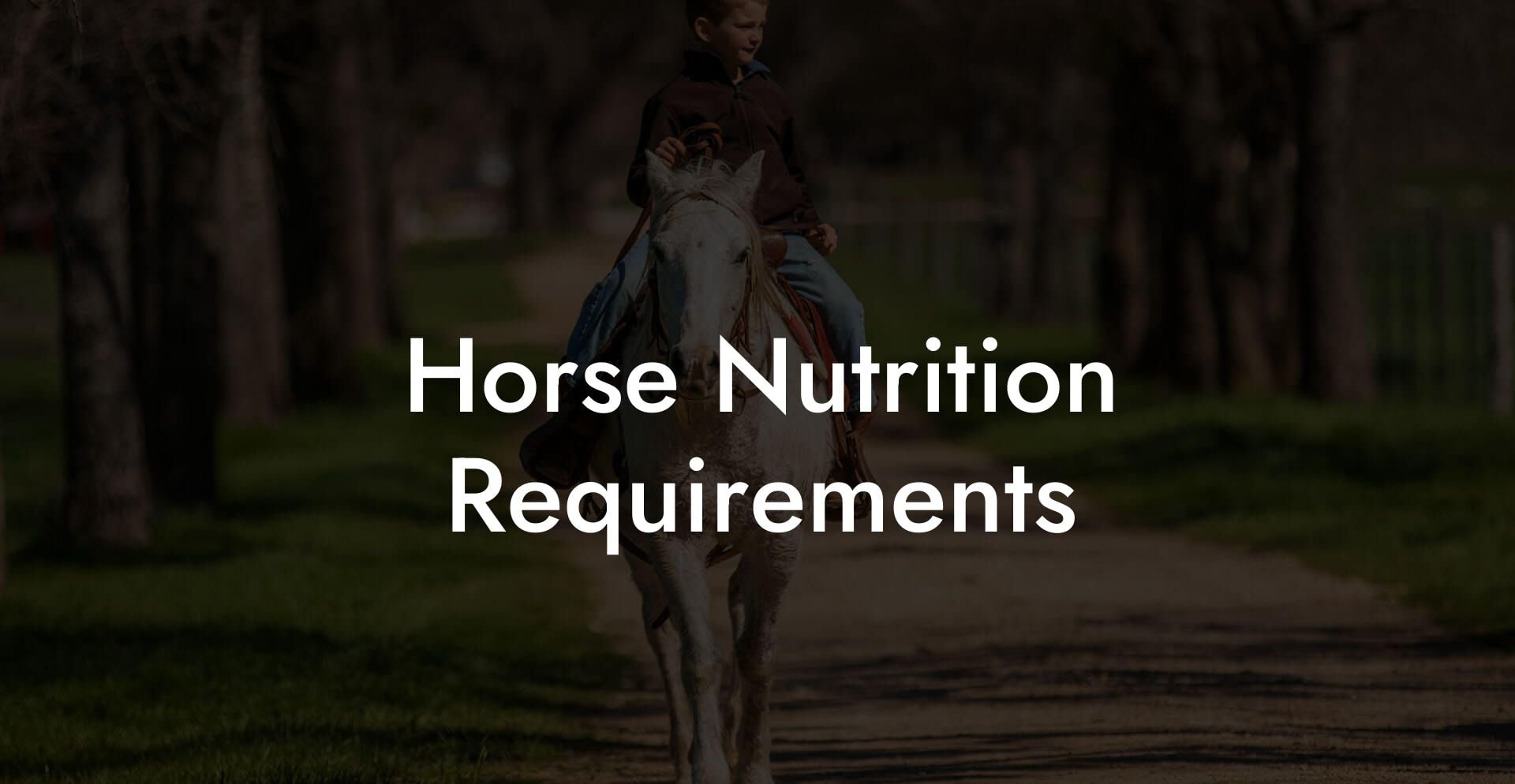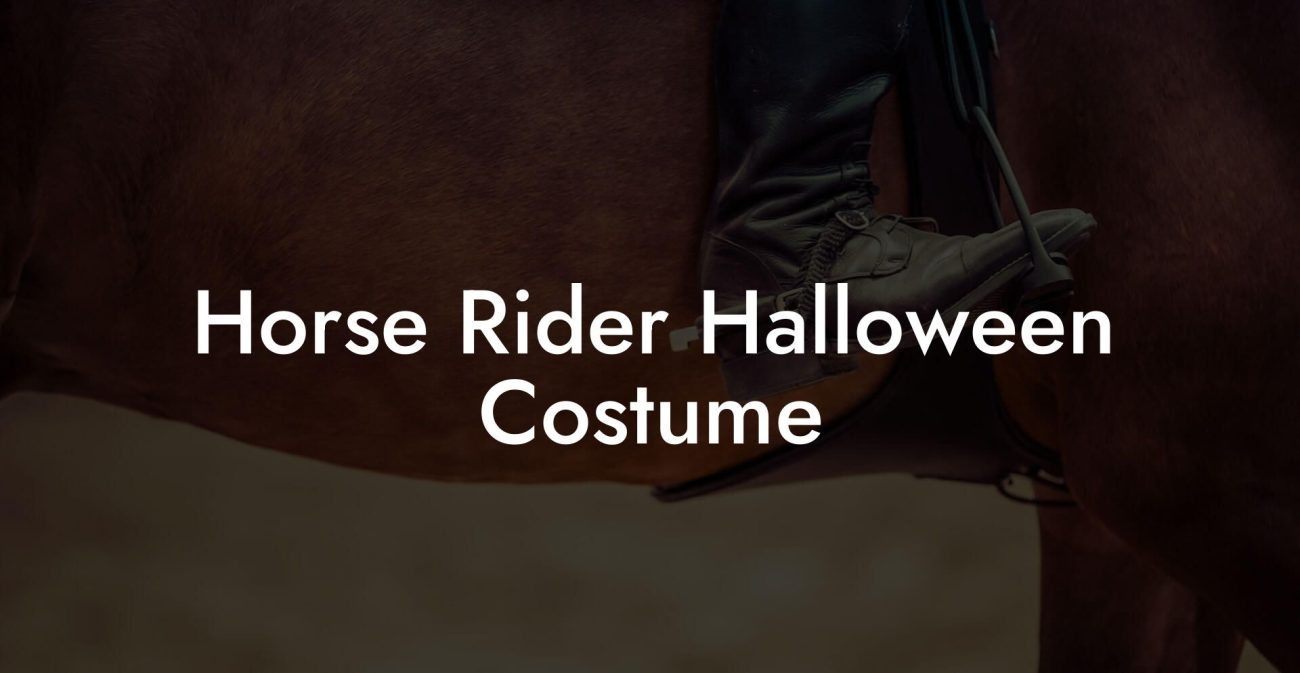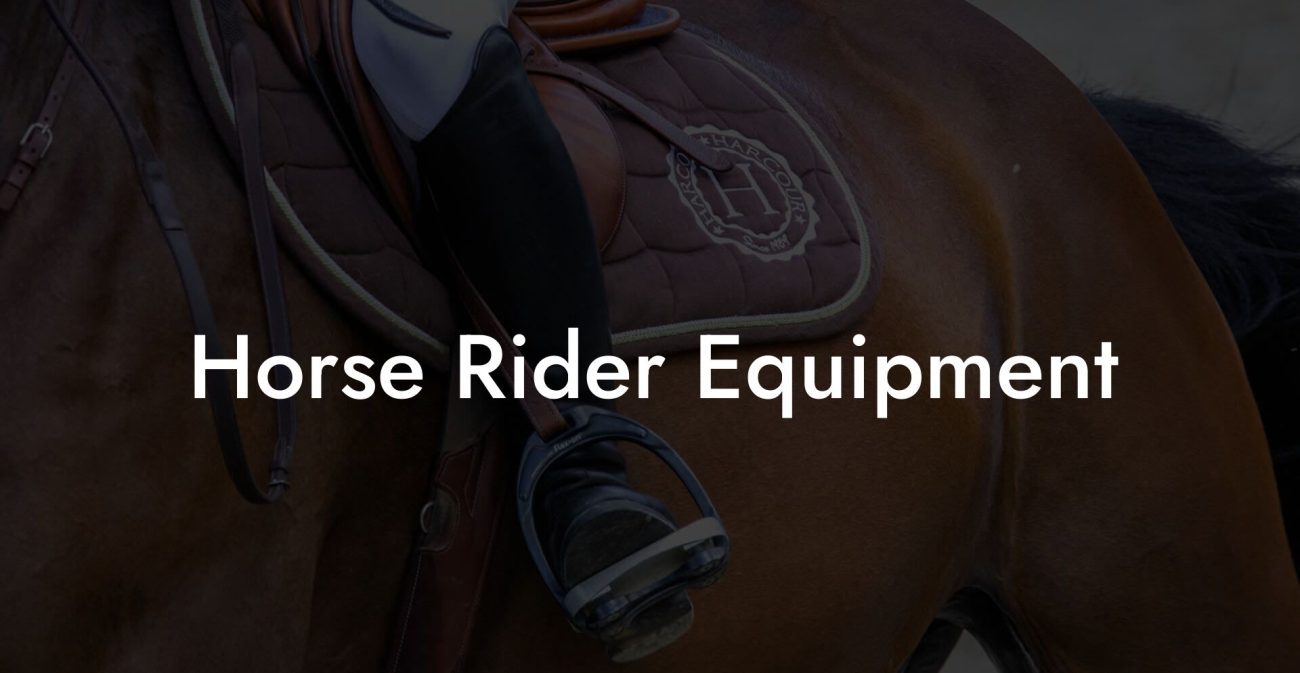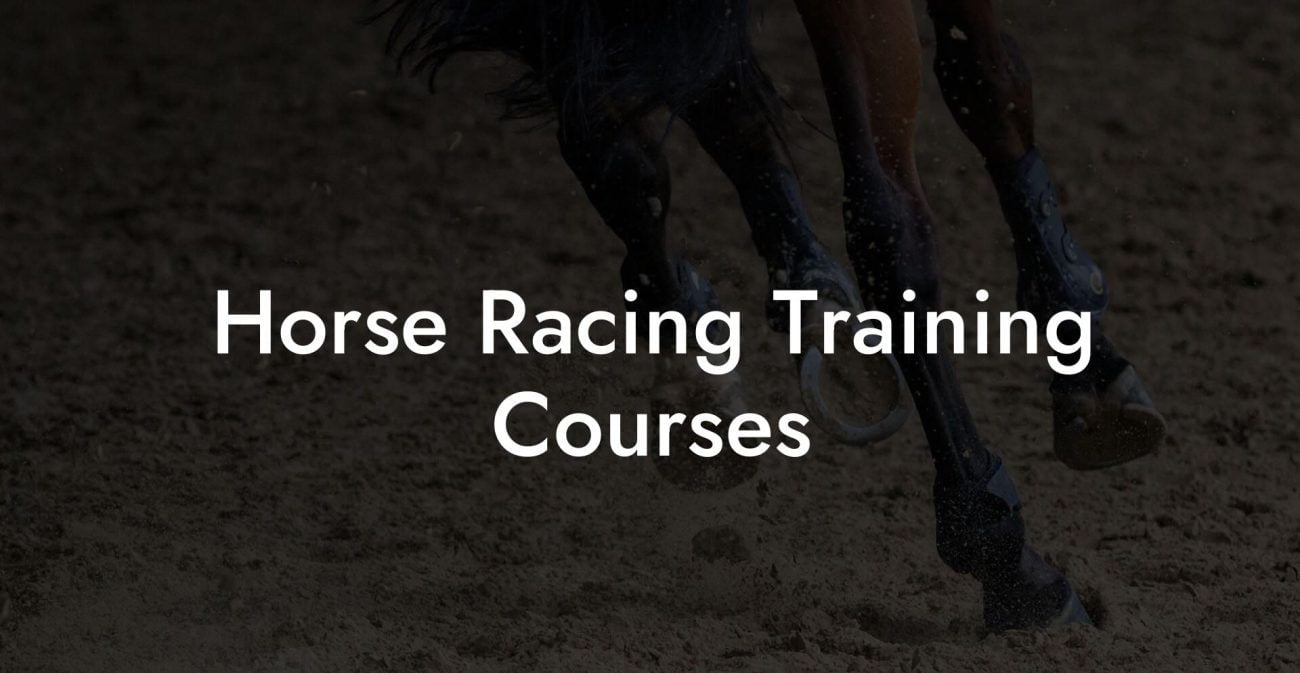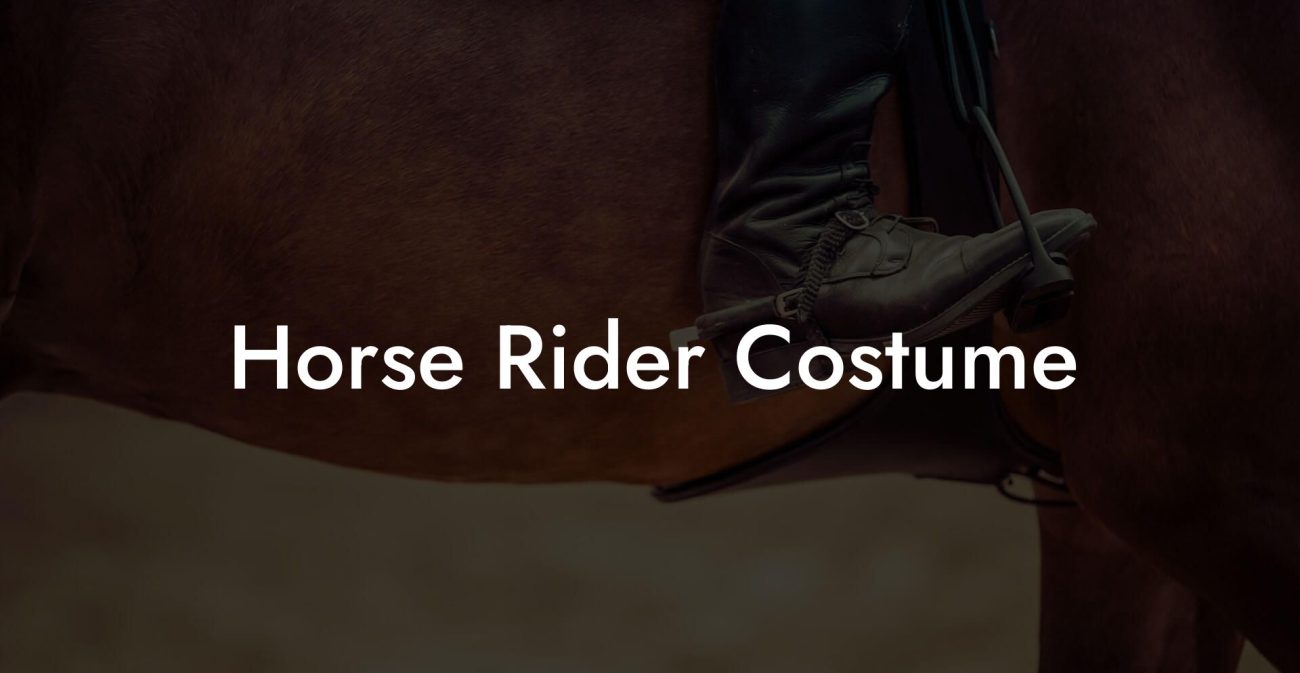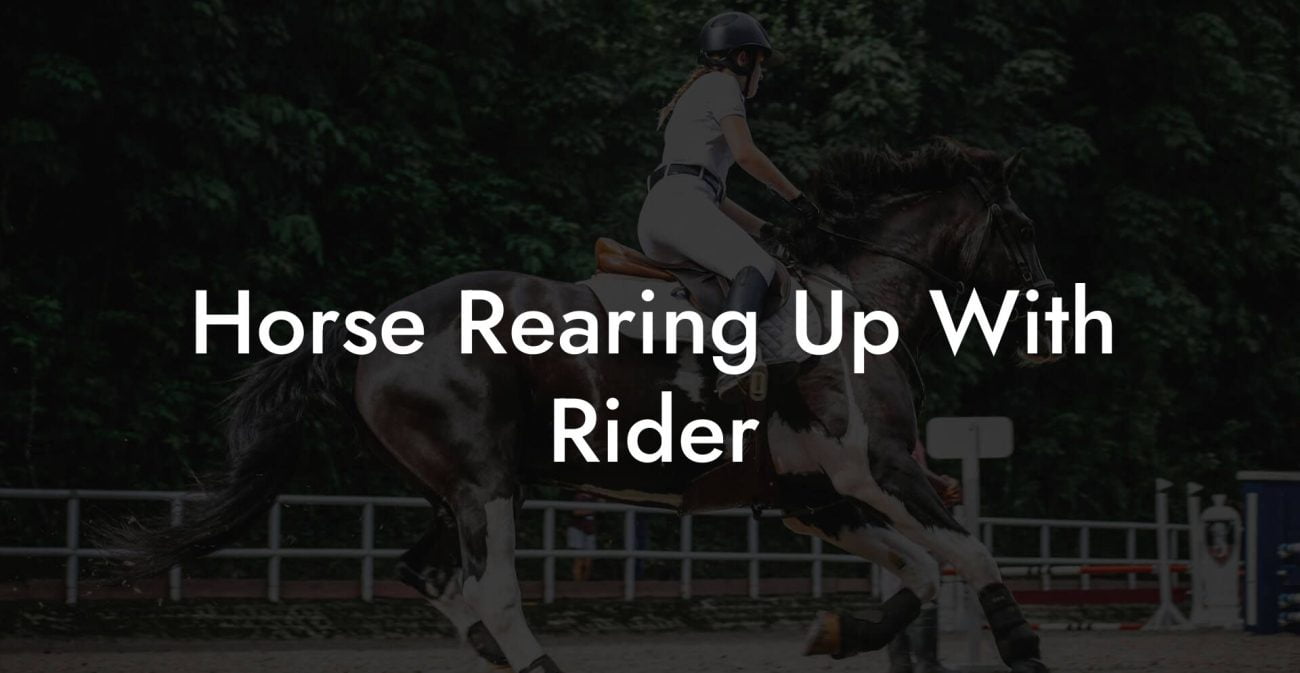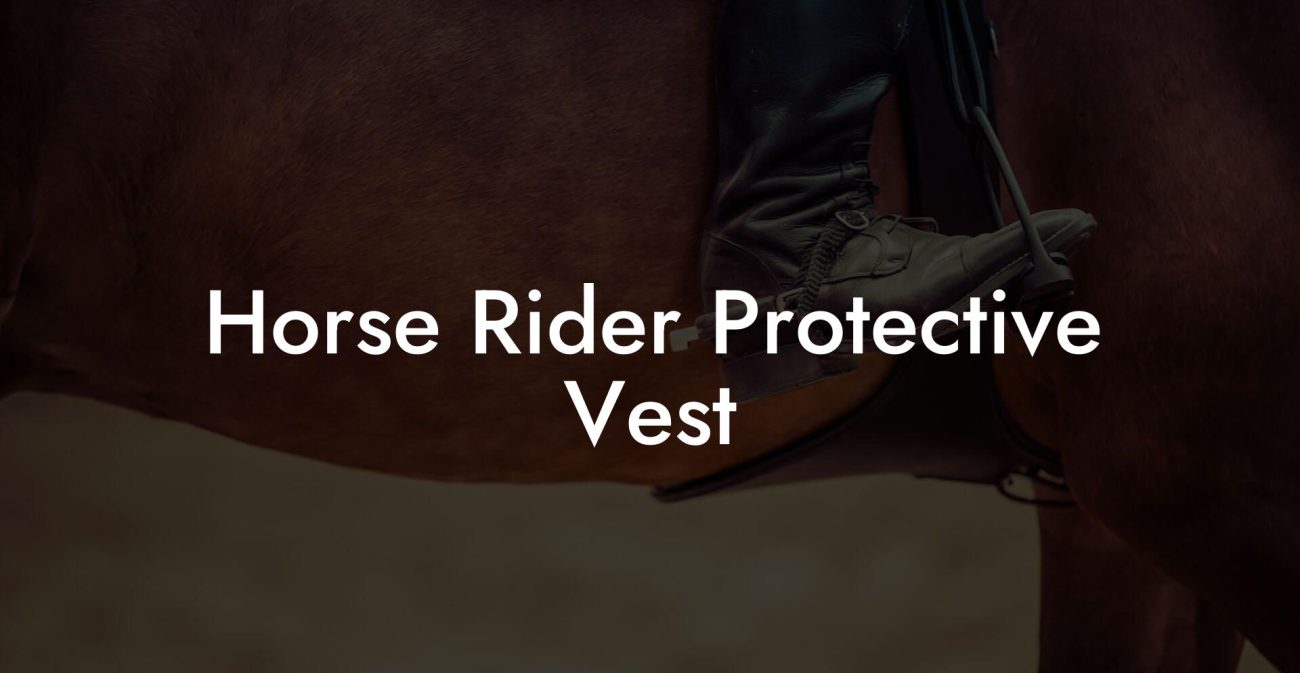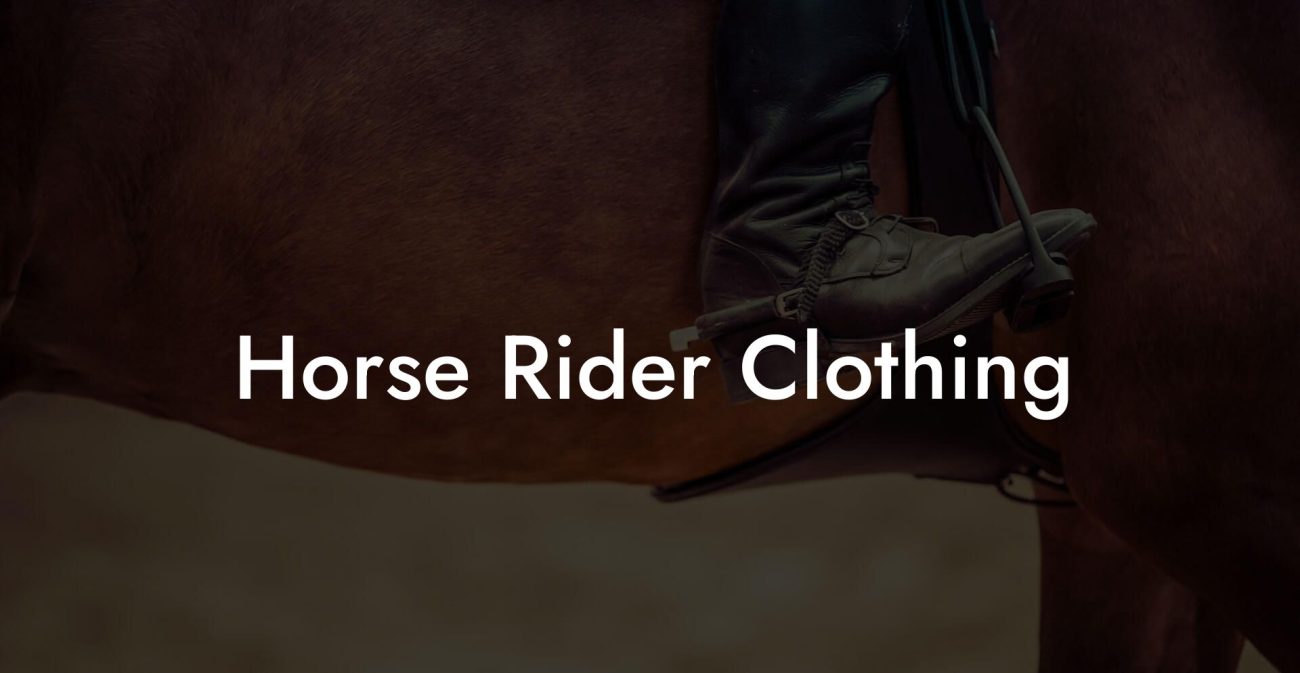Ever thought about what your horse’s plate would look like if it were curated by a top chef with a knack for wellness and a splash of Gen-Z pizzazz? Buckle up, this isn’t your grandma’s hay and oats routine. Horse nutrition requirements are getting a modern makeover, blending the science of equine health with culinary delight, sustainability, and a pinch of humor perfect for the millennial mindset. Get ready to dive into an all-you-need-to-know guide about feeding your majestic friend like the VIP they truly are!
Quick Links to Useful Sections
- The Basics: What Are Horse Nutrition Requirements?
- Understanding the Macro Nutrients: The Building Blocks of a Perfect Equine Diet
- Fiber: The Unsung Hero
- Carbohydrates: Energy on the Go
- Proteins: The Muscle Makers
- Fats: The Energy Reserve
- Vitamins and Minerals: The Micronutrient Magic
- Essential Vitamins for Horses
- Minerals for Maximum Mettle
- Feeding Frequencies and Routine: When and How Much?
- Pasture Grazing and Hay Feeding
- Concentrates and Supplements
- Special Considerations: Age, Activity Level, and Health Status
- Foals and Young Horses
- Mature Adult Horses
- Seniors and Geriatric Horses
- Performance and Working Horses
- Innovative Feeding Strategies: Tools for the Modern Equine Enthusiast
- Smart Feeding Systems
- Pasture Management and Rotational Grazing
- Sustainable and Organic Feeds
- Supplementing Your Horse’s Diet: Extras That Enhance Health
- Joint and Mobility Support
- Digestive Health Enhancers
- Vitamins, Minerals, and Antioxidants
- Common Nutritional Challenges and How to Overcome Them
- Obesity and Weight Management
- Metabolic Disorders and Insulin Resistance
- Digestive Upsets and Colic
- Nutrient Imbalances
- Crafting a Custom Feeding Plan: Tailoring Nutrition to Your Horse’s Unique Needs
- Step 1: Conduct a Comprehensive Nutritional Assessment
- Step 2: Define Clear Nutritional Goals
- Step 3: Choose the Right Forages, Concentrates, and Supplements
- Step 4: Monitor, Adjust, and Evolve
- Resources and Community Support: Your Next Steps
- Case Studies: Real-Life Success Stories in Equine Nutrition
- Case Study 1: From Sluggish to Show-Stopping
- Case Study 2: Managing Metabolic Syndrome with Smart Feeding
- Case Study 3: Boosting Performance on the Track
- Expert Tips: Avoiding Common Pitfalls in Equine Nutrition
- Integrative Approaches to Modern Equine Nutrition
- The Role of Technology
- Holistic Health and Nutrition
- Frequently Asked Questions About Horse Nutrition Requirements
- Your Journey to Equine Nutrition Mastery
The Basics: What Are Horse Nutrition Requirements?
Horses are not just four-legged athletes or workmates, they're your equine companions, your Instagram stars, and sometimes even your workout buddies (if you're up for a trot!). Understanding horse nutrition requirements means knowing that these gentle giants need a balanced diet that fuels every gallop, jump, and graceful trot. It’s all about striking the right balance between energy, protein, fiber, vitamins, and minerals.
In today’s fast-paced world, equine nutrition involves much more than simply filling the trough with hay. It’s a comprehensive approach that accounts for age, weight, activity level, and overall health. Whether your horse is a show jumper, a leisurely pasture pal, or a hardworking plow partner, their diet should be tailored to their unique lifestyle. And yes, that means treating them to a dining experience as bespoke as your favorite artisanal coffee order!
Key terms to remember: “equine nutrition,” “balanced horse diet,” “macro nutrients for horses,” and “horse feed requirements.” Modern SEO and content strategies insist on clearly addressing these topics, ensuring that both search engines and equestrians know exactly what you’re talking about.
Understanding the Macro Nutrients: The Building Blocks of a Perfect Equine Diet
Just as your body thrives on a balanced diet of proteins, fats, and carbs, your horse’s health depends on a thoughtful mix of macro nutrients. Let’s break them down:
Fiber: The Unsung Hero
Fiber is to horses what a good playlist is to a long drive, it keeps everything moving smoothly. For horses, fiber primarily comes from forages like hay and pasture grasses, forming the cornerstone of their diet. Adequate fiber supports digestion, prevents colic, and keeps the horse’s gut as happy as your favorite memes.
Carbohydrates: Energy on the Go
Carbohydrates are all about giving your horse the quick energy needed for that spontaneous sprint or a long day of trail riding. In moderation, non-structural carbohydrates (NSCs) like starches and sugars are essential, but too much can lead to metabolic issues, a bit like binge-watching TikTok without taking breaks.
Proteins: The Muscle Makers
Proteins are the muscle-building champions. They’re vital for growth, repair, and maintaining overall health, especially in growing foals and athletic performance horses. A high-quality protein source ensures that your horse’s muscles are as toned as a well-curated Instagram fitness influencer.
Fats: The Energy Reserve
Fats provide a dense energy source and improve the absorption of fat-soluble vitamins. They also help maintain a healthy coat and add an extra punch to your horse’s overall performance. Think of fats as the avocado toast of equine diets: nutrient-dense and super stylish!
Together, these macro nutrients create the foundation of a harmonious diet, ensuring that every bite supports the grand equine adventure.
Vitamins and Minerals: The Micronutrient Magic
Beyond the heavy hitters (macro nutrients), vitamins and minerals are the secret sauce that transforms a good meal into a great one. They are the unsung micronutrients that pack a punch, ensuring proper body functions, from bone development to immune support.
Essential Vitamins for Horses
Vitamins A, D, and E are crucial for vision, bone health, and a flawless coat. Horses also need B-complex vitamins for energy production and overall vitality. Don’t underestimate Vitamin C, while horses do produce it internally, supplemental amounts can be beneficial during times of stress or illness.
Minerals for Maximum Mettle
Calcium and phosphorus are the dynamic duo when it comes to bone and muscle health. Magnesium plays a role in nerve function and muscle relaxation, while electrolytes such as sodium, potassium, and chloride help maintain hydration and overall fluid balance. A proper balance of minerals is integral to avoiding health issues like tying-up or laminitis.
Integrating these micronutrients into your horse’s diet requires keen attention, as even small imbalances can lead to significant health issues. The goal is to design a nutrient-packed regimen that parallels a well-balanced smoothie bowl, vibrant, wholesome, and Instagram-worthy.
Feeding Frequencies and Routine: When and How Much?
Timing is everything! Just as you wouldn’t skip breakfast before a marathon, your horse benefits from establishing consistent feeding routines. Horses are natural grazers, and their digestive systems are engineered for almost continuous feeding, nibbling on small portions throughout the day.
Pasture Grazing and Hay Feeding
When grazing on pasture, your horse’s digestive rhythm remains steady and consistent. In colder months or when pasture is scarce, high-quality hay fills the gap. Experts recommend feeding at least 1.5% to 2.5% of the horse’s body weight in forage daily. This might sound like math class, but trust us, it’s all about keeping your equine buddy as satisfied as you are after a gourmet brunch.
Concentrates and Supplements
Concentrates, including grains and pellets, should be approached with the same caution you’d use when ordering that extra-large latte. While they provide valuable energy and nutrients, overfeeding concentrates can result in digestive distress or laminitis. Always determine the appropriate amount based on the horse's activity level, age, and weight.
Using a routine feeding schedule not only helps maintain a healthy weight but also reduces the risk of digestive disturbances. Spread out feedings and adjust portions based on weather, exercise, and seasonal changes, a strategy that mirrors your own evolving daily routine.
Special Considerations: Age, Activity Level, and Health Status
Not all horses are created equal, and their nutrition should reflect their individual life stage and lifestyle. Let’s break it down by category:
Foals and Young Horses
Growing horses require a diet rich in protein, calcium, and phosphorus to support rapid development. These little equine dynamos need more concentrated energy and high-quality forages to hit the growth milestones, think of them as the rising stars of the stable!
Mature Adult Horses
For the seasoned equines, the focus shifts to maintenance. A balanced diet that prevents weight gain while providing enough energy is key. Tailor their diet to include ample fiber and moderate levels of concentrated feed, ensuring your mature horse maintains peak performance throughout the year.
Seniors and Geriatric Horses
Older horses often face unique challenges such as dental issues and slower metabolism. A senior-friendly diet might consist of more soaked feeds, softer forages, and easily digestible concentrates to promote gentle digestion. Supplements designed to support joint health, like glucosamine and chondroitin, can also be beneficial.
Performance and Working Horses
Athletic horses burning through energy on a daily basis need a diet that’s both high in energy and balanced in protein and fat, think of it as the pre-workout meal that powers your gym session. Post-exercise recovery is equally critical, ensuring that the muscle repair and energy restoration process is as efficient as your favorite fitness app’s progress tracker.
No matter the age or role, every horse’s diet should reflect their unique requirements. Consider your horse’s life stage and workload as integral to crafting a nutrition plan that’s as personalized as your social media feed.
Innovative Feeding Strategies: Tools for the Modern Equine Enthusiast
The world of horse nutrition has evolved beyond the basic hay bale and oat scoop. Today’s equestrians are embracing innovative feeding strategies that use technology, sustainability, and a bit of creativity to enhance equine health.
Smart Feeding Systems
Picture this: a feeding system that monitors your horse’s intake, adjusts portion sizes automatically, and syncs with your smartphone. Smart feeding systems are emerging as game-changers, incorporating sensors and data analytics to ensure your horse’s nutritional needs are being met in real time. These systems not only prevent over- or under-feeding but also help track health and performance trends, making them the perfect companion for tech-savvy horse owners.
Pasture Management and Rotational Grazing
Rotational grazing strategies allow pastures to rest and recover, ensuring that your horse has access to nutrient-rich grasses year-round. By dividing your pasture into sections and moving your horse periodically, you’ll reduce the risk of overgrazing and boost soil health, kind of like practicing mindful eating for the earth.
Sustainable and Organic Feeds
Sustainability isn’t just a buzzword, it’s a lifestyle, even in the equine world. Many modern nutritionists are turning to organic feeds and locally sourced ingredients to reduce environmental impact. These feeds are free from synthetic additives and are designed with both your horse’s health and the planet’s well-being in mind.
Embracing technology and sustainable practices not only optimizes your horse's diet but also aligns with the forward-thinking values of Gen-Z and millennial horse enthusiasts.
Supplementing Your Horse’s Diet: Extras That Enhance Health
While a balanced diet is the bedrock of equine nutrition, there are times when your horse might benefit from a little extra boost. Supplements can play a pivotal role in addressing specific health concerns or improving overall performance.
Joint and Mobility Support
For horses with active lifestyles or those entering their golden years, joint supplements containing glucosamine, chondroitin, and MSM (methylsulfonylmethane) can help reduce inflammation and support mobility. These supplements work behind the scenes like backstage passes at a concert, ensuring that your horse moves with the grace and ease of a seasoned performer.
Digestive Health Enhancers
Probiotics and prebiotics help maintain a healthy gut microbiota. A robust digestive system means better nutrient absorption and overall vitality, ensuring that every morsel counts. Think of these supplements as the unsung heroes that keep the digestive party in full swing.
Vitamins, Minerals, and Antioxidants
Sometimes the forage and concentrate just aren’t enough. Supplemental vitamins, minerals, and antioxidants can fill nutritional gaps, especially during times of stress, intense exercise, or recovery from illness. These additives act like high-performance enhancers, ensuring that your horse remains at peak condition no matter what challenges come their way.
Remember, supplements are not a replacement for a balanced diet, they’re the cherry on top that fine-tunes your horse’s overall nutritional profile.
Common Nutritional Challenges and How to Overcome Them
Even with the best intentions, horse nutrition can sometimes hit a few bumps on the road. Let’s talk about some common challenges and how modern equestrians can overcome them without breaking a sweat.
Obesity and Weight Management
A chubby horse might sound like an Instagram filter gone wrong, but equine obesity is a serious health concern. Overfeeding or improper management of high-energy feeds can lead to weight gain, putting extra strain on joints and increasing the risk of metabolic disorders. The key to managing weight is balancing calorie intake with the energy expended during exercise. Regular monitoring, portion control, and adjusted feeding schedules are essential strategies.
Metabolic Disorders and Insulin Resistance
Conditions like Equine Metabolic Syndrome (EMS) and insulin resistance are on the rise, especially among horses with a sedentary lifestyle or excessive access to lush pastures. Reducing non-structural carbohydrates, incorporating slow-release feeds, and increasing physical activity are effective ways to address these issues, think of it as debugging your horse’s system for optimum performance.
Digestive Upsets and Colic
Digestive disturbances, including colic, can be serious business. Sudden changes in feed, inadequate forage, or low water intake are common culprits. Implementing consistent feeding routines, prioritizing high-fiber diets, and ensuring constant access to clean water are key steps to keep colic at bay. A smooth-running digestive system is the cornerstone of overall health.
Nutrient Imbalances
An excess or deficiency in certain vitamins and minerals can lead to various health issues. For instance, too much calcium without the right phosphorus levels can cause skeletal problems, while an overabundance of certain vitamins might lead to toxicity. Regular analysis of feed and, if needed, consulting with an equine nutritionist can help correct these imbalances, it's like fine-tuning your favorite playlist until every beat hits just right.
Tackling these challenges head-on ensures that your horse enjoys a life full of vigor, strength, and longevity, a win-win for both of you.
Crafting a Custom Feeding Plan: Tailoring Nutrition to Your Horse’s Unique Needs
Just as you wouldn’t wear the same pair of sneakers to every event, your horse deserves a customized feeding plan that reflects its unique lifestyle, activity level, and health status. Creating this personalized plan involves a few key steps:
Step 1: Conduct a Comprehensive Nutritional Assessment
Collaborate with your veterinarian or an equine nutritionist to assess your horse’s current condition, body weight, and performance needs. This assessment is the foundation upon which you build a feeding plan as personalized as your favorite Spotify playlist.
Step 2: Define Clear Nutritional Goals
Whether your objective is to maintain healthy weight, boost performance, or manage a condition like insulin resistance, pinpointing clear goals helps guide your dietary choices. Write down your objectives and let them steer your feed selection, portion sizes, and supplement usage.
Step 3: Choose the Right Forages, Concentrates, and Supplements
Base your horse’s diet on high-quality forages first, ensuring that hay or pasture forms the bulk of their daily intake. Complement this with a carefully measured amount of concentrates and, if needed, tailored supplements. The idea is to create a balanced menu that’s as appealing to your horse as that avocado toast is to you on a lazy brunch day.
Step 4: Monitor, Adjust, and Evolve
A feeding plan isn’t set in stone, it should evolve with your horse’s changing needs. Use regular weigh-ins, check-ups, and performance assessments to tweak the diet over time. It’s the culinary equivalent of reordering your meal based on the season’s freshest ingredients.
By taking these steps, you create a dynamic and responsive feeding plan that supports your horse’s health, performance, and overall quality of life.
Resources and Community Support: Your Next Steps
Embracing modern horse nutrition is as much about community as it is about science. There are tons of online forums, social media groups, and expert networks where equine enthusiasts share tips, celebrate progress, and overcome challenges together. Whether you’re seeking advice on the latest feed trends, innovative smart-feeding systems, or just a relatable story from a fellow horse lover, support is just a click away.
Beyond digital communities, many local equine nutrition workshops and seminars offer hands-on learning experiences and the chance to network with professionals who genuinely care about equine well-being. Resources like trusted nutrition guides, veterinary advice, and cutting-edge research help demystify the science behind horse nutrition requirements while keeping the conversation fun and accessible.
Your journey to mastering modern equine nutrition doesn’t have to be a solo ride, join a community that’s as passionate as you are, and watch how shared knowledge transforms your horse care routine.
Case Studies: Real-Life Success Stories in Equine Nutrition
Nothing speaks louder than real-world proof of how a well-designed nutrition plan can transform a horse’s life. Here are a few case studies that highlight the power of customized horse nutrition:
Case Study 1: From Sluggish to Show-Stopping
Bella the mare was known for her lackluster energy and foamy coat. After a comprehensive nutritional assessment, her owner teamed up with an equine nutritionist to overhaul Bella’s diet, ramping up high-quality forage while carefully moderating concentrates and injecting a dash of joint and coat supplements into her regimen. Within months, Bella transformed into a radiant athlete, showcasing improved stamina and a glossy, envy-inducing coat. Her journey reinforces the importance of fine-tuning macro and micronutrient ratios.
Case Study 2: Managing Metabolic Syndrome with Smart Feeding
Rocky, a 12-year-old trailblazer, was struggling with Equine Metabolic Syndrome (EMS). His owner, armed with the latest research and smart feeding technology, switched Rocky to a meticulously measured, low-starch diet supplemented with fiber-rich hay and advanced smart feeders that automatically adjusted portions. The results were remarkable: improved insulin sensitivity, a stabilized weight, and renewed pep in his step during trail rides. Rocky’s story is a prime example of how cutting-edge technology and tailored nutrition can combat modern equine metabolic challenges.
Case Study 3: Boosting Performance on the Track
For the competitive show jumper, Flash, nutrition was the secret weapon behind his record-breaking performance. His owner worked in close collaboration with a nutritionist to create a high-energy, highly digestible meal plan, balancing rapid energy sources with thorough nutritional support. With strategic timing of feedings around competitions and recovery sessions enhanced by antioxidants and joint support supplements, Flash achieved peak performance and faster recovery times. His journey demonstrates that even in high-intensity sports, smart nutrition plays a defining role.
These case studies underscore that no two horses are alike, what works for one may need tweaking for another. With careful monitoring and a willingness to experiment, custom nutrition plans can unleash the best in your equine companion.
Expert Tips: Avoiding Common Pitfalls in Equine Nutrition
Even the most dedicated horse owners can stumble into pitfalls if they’re not in tune with their horse’s nutritional needs. Here are some expert-approved tips to help you avoid common mistakes:
- Don’t Skimp on Forage: Forage is the backbone of your horse’s diet. Always ensure high-quality hay or pasture is available to avoid digestive issues.
- Monitor Weight Regularly: An unmonitored horse can quickly venture into the realm of obesity or unexpected weight loss, both of which can signal serious health issues.
- Beware of Rapid Dietary Changes: Sudden shifts in feed can upset the delicate balance in your horse’s digestive tract. Transition slowly and gradually to introduce new feeds.
- Consult the Pros: When in doubt, get advice from a qualified vet or equine nutritionist. Customized advice beats one-size-fits-all solutions every time.
- Balance is Key: Over-supplementing or overfeeding concentrates can lead to nutritional imbalances. Remember, less is often more when it comes to maintaining a stable digestion and metabolism.
Armed with these tips and a proactive attitude, you can dodge the common nutritional landmines and keep your horse thriving.
Integrative Approaches to Modern Equine Nutrition
The modern equine nutrition landscape is embracing integrative approaches that blend traditional feeding strategies with innovative, tech-savvy solutions. Think of it as the fusion of old-school wisdom, like knowing your pasture and the seasons, with modern data tracking, smart feeders, and even apps that let you record every nibble your horse takes.
The Role of Technology
High-tech gadgets and smart feeding systems are revolutionizing how horse nutrition is managed. These tools not only ensure precision in portion control but also provide insights into your horse’s eating patterns, weight fluctuations, and overall health progress. Data-driven decisions mean fewer mistakes and more tailored nutrition that adapts to your horse’s changing needs.
Holistic Health and Nutrition
Just as holistic health considers every facet of your well-being, modern equine nutrition integrates exercise, mental stimulation, and general management with dietary choices. This comprehensive approach ensures your horse’s nutritional plan is in harmony with its overall health, happiness, and lifestyle.
By merging time-tested feeding practices with emerging technologies and holistic management, you ensure your horse doesn’t just eat, but thrives.
Frequently Asked Questions About Horse Nutrition Requirements
Below are some of the most common questions horse owners have about nutrition, answered in a down-to-earth yet informative way:
1. What is the ideal diet for a healthy horse?
A horse’s ideal diet centers on high-quality forages like hay or pasture, accompanied by a balanced mix of grains or concentrates, and is supplemented with essential vitamins and minerals based on individual needs.
2. How much forage should my horse consume daily?
Typically, horses should consume between 1.5% and 2.5% of their body weight in forage daily, though this can vary based on activity level and health.
3. Can I use smart feeding systems for my horse?
Absolutely! Smart feeding systems help monitor intake, adjust portions, and provide data-driven insights to optimize your horse’s nutrition.
4. How do I know if my horse is overweight?
Regular weight checks, body condition scoring, and veterinary evaluations are key indicators to help you stay ahead of any weight management issues.
5. Why are minerals and vitamins so important?
Minerals and vitamins support vital functions like bone development, immune function, coat health, and overall bodily repair. A balanced intake ensures your horse remains strong and vibrant.
6. What are the risks of overfeeding concentrates?
Overfeeding concentrates can lead to metabolic issues, colic, and obesity. Moderation and proper timing of concentrated feeds are crucial for maintaining digestive balance.
7. How often should my horse’s diet be evaluated?
Regular evaluations, at least biannually or when significant changes occur in workload or health, are advised to keep the nutrition plan aligned with your horse’s needs.
8. Are dietary supplements necessary?
Supplements can help fill nutrient gaps or target specific health concerns, but they should complement, not replace, a balanced diet. Always consult with a professional before introducing new supplements.
9. What should I consider when switching feeds?
Gradual transitions, monitoring for digestive upset, and consultations with a vet or nutritionist are key to a smooth switch.
10. Can seasonal changes affect my horse’s nutritional needs?
Definitely. Changes in pasture availability, temperature fluctuations, and activity levels can all impact nutritional requirements, requiring adjustments in the diet.
Your Journey to Equine Nutrition Mastery
The road to optimal horse nutrition is dynamic, innovative, and surprisingly fun. Embracing a balanced diet tailored to your horse’s unique needs not only supports their health but also deepens the bond between you and your equine companion. Whether you're navigating weight management, optimizing energy for peak performance, or simply striving to enhance your horse's overall quality of life, every improvement you make is a step towards a thriving, happy horse.
In this ever-evolving world, where science meets sustainability and technology shakes hands with tradition, you hold the reins of an exciting nutritional adventure. Leverage modern feeding strategies, hone in on advanced nutritional research, and use the insights provided here to craft a diet that leaves your horse grazing in style and good health.
Embrace the journey with open arms and remember: much like trending social media challenges or your favorite artisanal eateries, equine nutrition is always evolving. Stay curious, stay informed, and treat your horse to a diet that’s as vibrant, innovative, and unique as your own lifestyle.
Your path to equine nutrition mastery starts here. It’s time to get creative, be adaptive, and give your horse a dining experience that could rival the hottest food trends on the 'gram. Happy feeding, and may your horse’s journey be as energetic and inspiring as the best viral moment!

